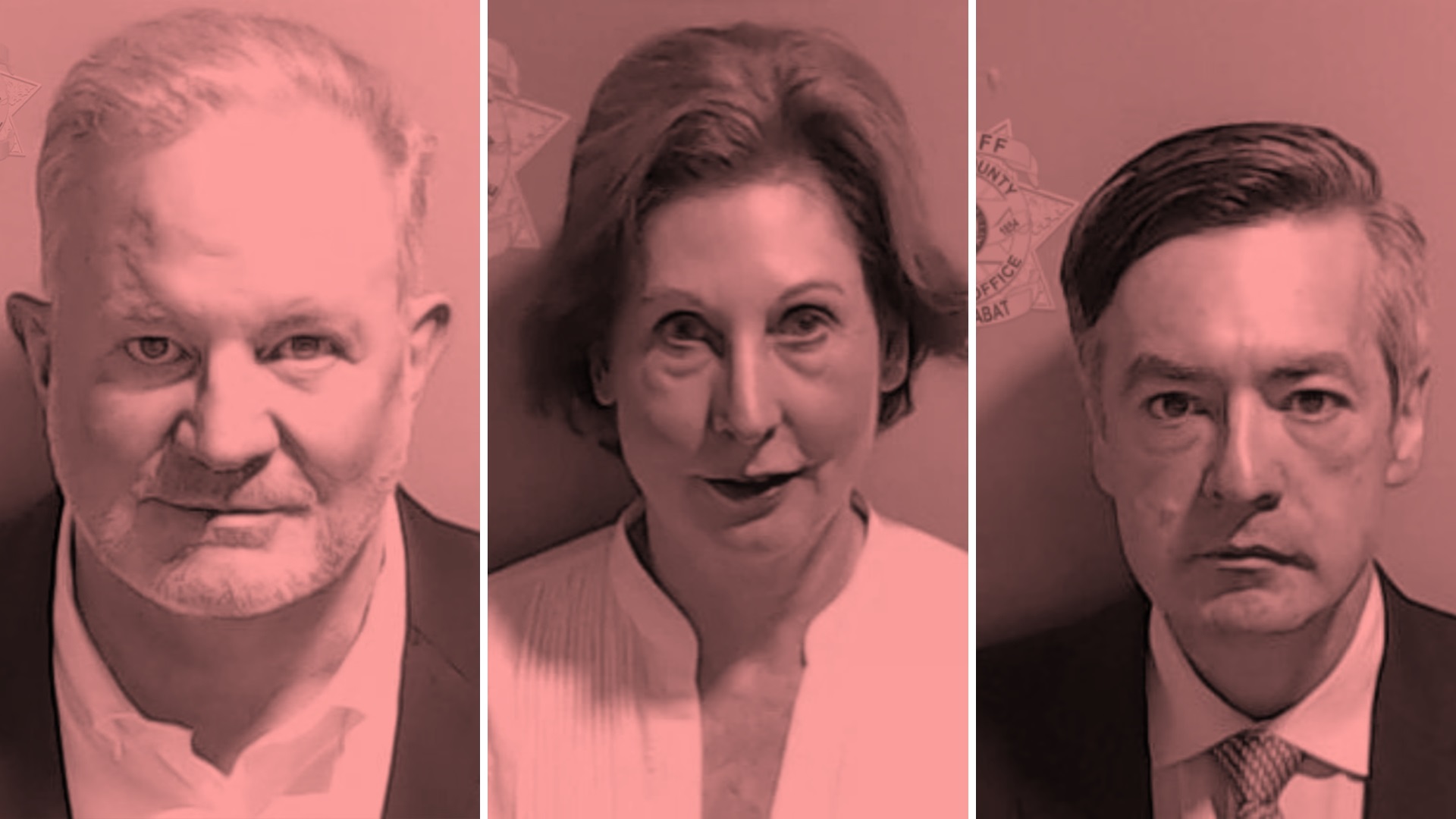"Repetition does not transform a lie into a truth"
Franklin D. Roosevelt
Weeks after the sentencing of Scott Hall, Sidney Powell, and Kenneth Chesebro for election manipulation, the conspiracy sphere remains eerily quiet. Despite their admissions, no outrage. Perhaps, like Festinger's study, some beliefs persist despite evidence

In the murky reaches of the conspiracy universe, a resounding silence prevails following the recent guilty pleas and sentencing of Sidney Powell, Kenneth Chesebro and Scott Hall. The felony crime of the Trump-aligned trio? Brazenly attempting to conspire in manipulating the results of the 2020 US presidential election. Yet, in the conspiracy theorists' echo chambers, there is not a whisper of their coming clean. Once in Donald Trump's inner circle, as he battled to contest his election loss, the three have admitted to their roles in undermining democracy. Under the surprise plea deals with prosecutors in the state of Georgia, lawyers Chesebro and Powell were sentenced to five and six years probation each, following bail bondsman Hall's guilty admission in late September.
Reputable media outlets have widely reported the news of the "stolen election" peddlers suddenly turning on the former president and agreeing to cooperate and testify in future court hearings. The about-faces are an important victory for Georgia prosecutors and they follow a total of 18 indictments for election racketeering in the southern state, alongside Trump.
Powell, who joined Trump's legal team as he contested his presidential election loss in November 2020, now admits that she was lying, several days after Joe Biden's victory, when she declared on live TV: "President Trump won this election in a landslide".
Release the Kraken: @SidneyPowell1 vows to expose the Silicon Valley and left-wing corporations that are using their power to help Democrats steal the election from @realDonaldTrump. #MAGA #AmericaFirst #Dobbs pic.twitter.com/EPJSfUZqM2
— Lou Dobbs (@LouDobbs) November 13, 2020
Oddly, the conspiracy-mongering platforms and channels, always ready to pounce on any perceived revelation of big political lies, have remained mute. It seems some fabrications are more palatable than others in their conspiracy theory-laden world. Relying heavily on the wildest tales of Trump's former advocates like Powell, Cheseboro and Hall, they spun a narrative that Biden, the cheater, would soon be impeached and brought before a military tribunal. As their predictions crumbled, they scrambled to maintain the facade, preaching patience and trust in "The Plan" for Trump to expose the malevolent forces usurping the government and the election. Three years have elapsed, and their false prophecies have come to nothing.
So why do the deceived crave further deception? The answer might be found in Leon Festinger's “When Prophecy Fails,” a study delving into the reactions of an apocalyptic cult when confronted with the stark denial of their anticipated doomsday. Festinger's work teaches us a universal truth: under certain conditions, we are all prone to cling to our most flawed beliefs. The challenge is recognizing this propensity within ourselves.
For sixteen years, Conspiracy Watch has been diligently spreading awareness about the perils of conspiracy theories through real-time monitoring and insightful analyses. To keep our mission alive, we rely on the critical support of our readers.